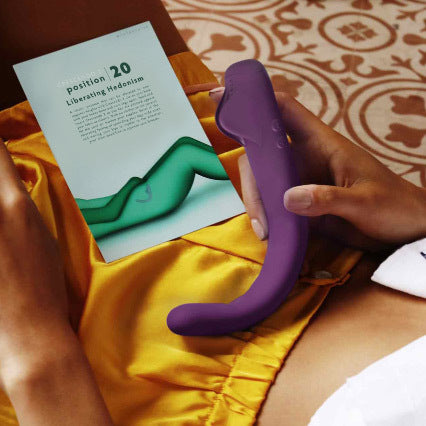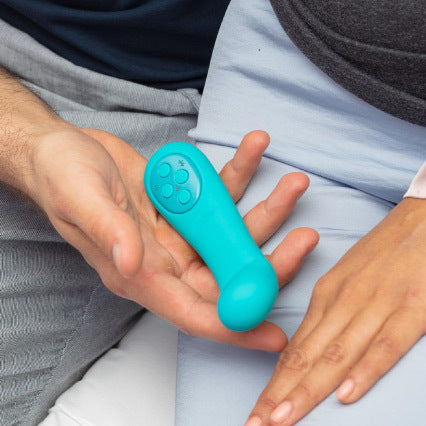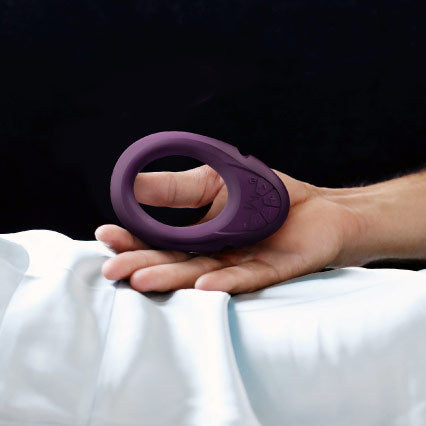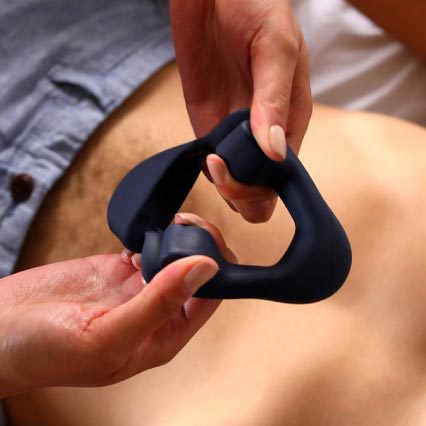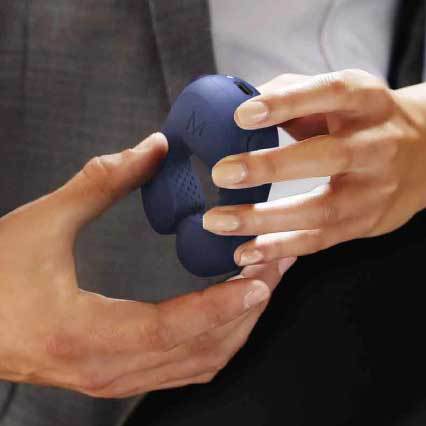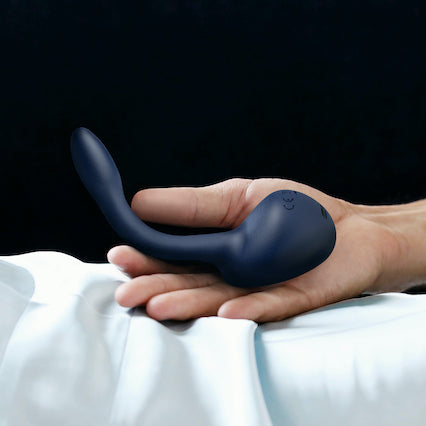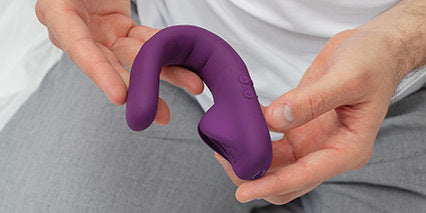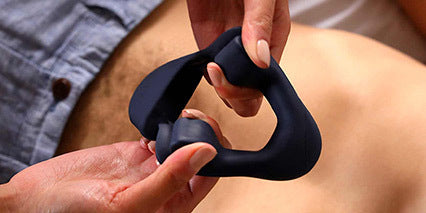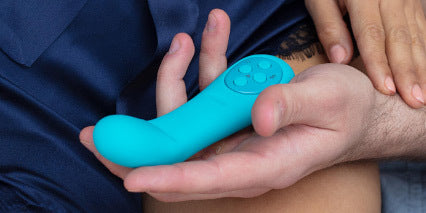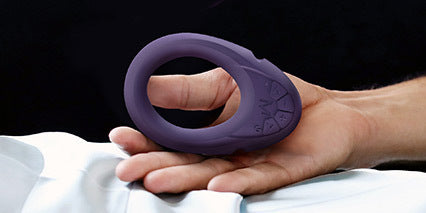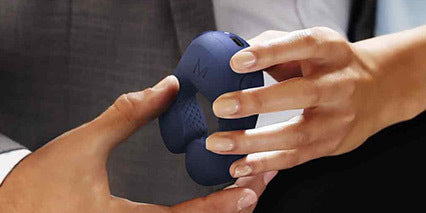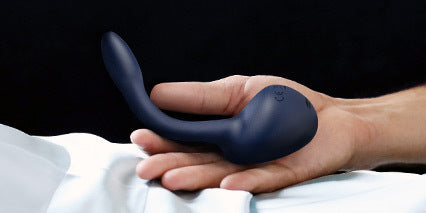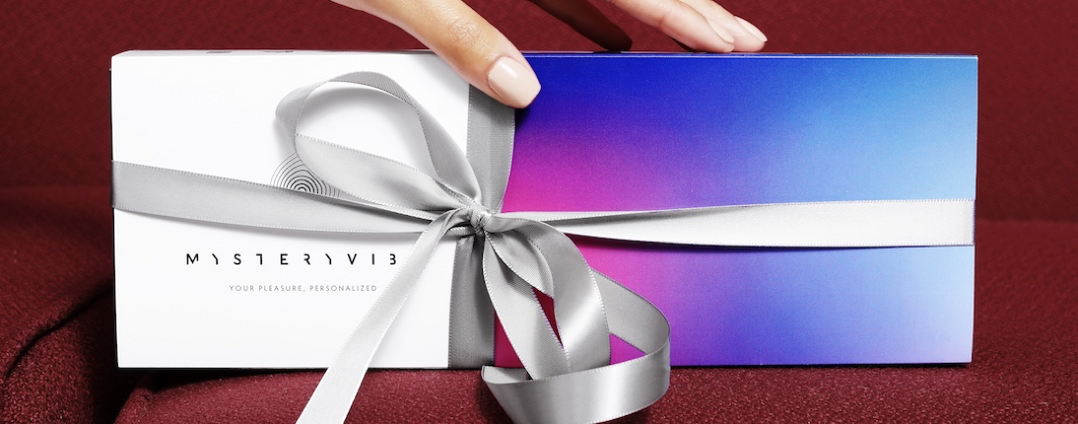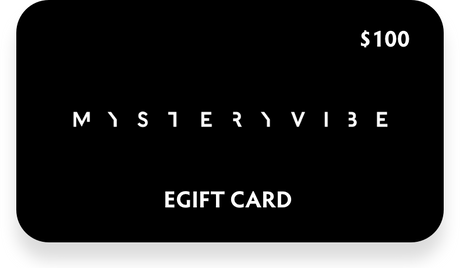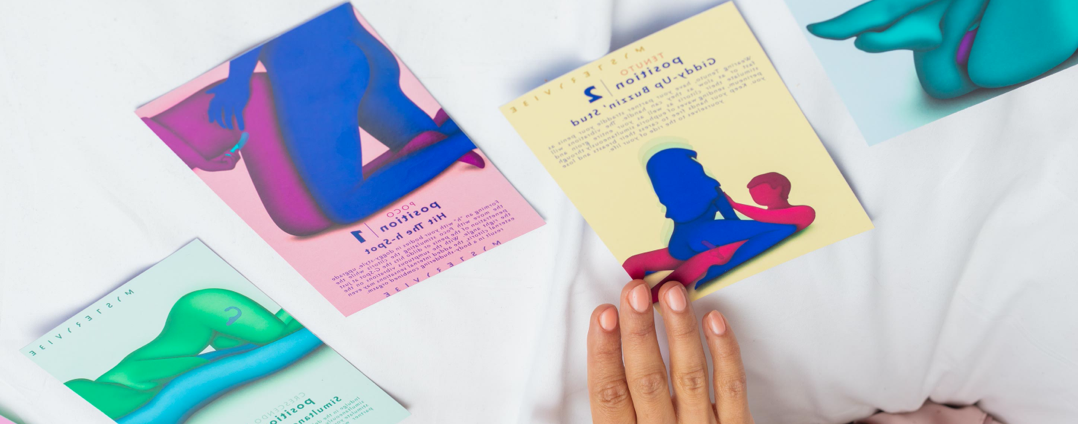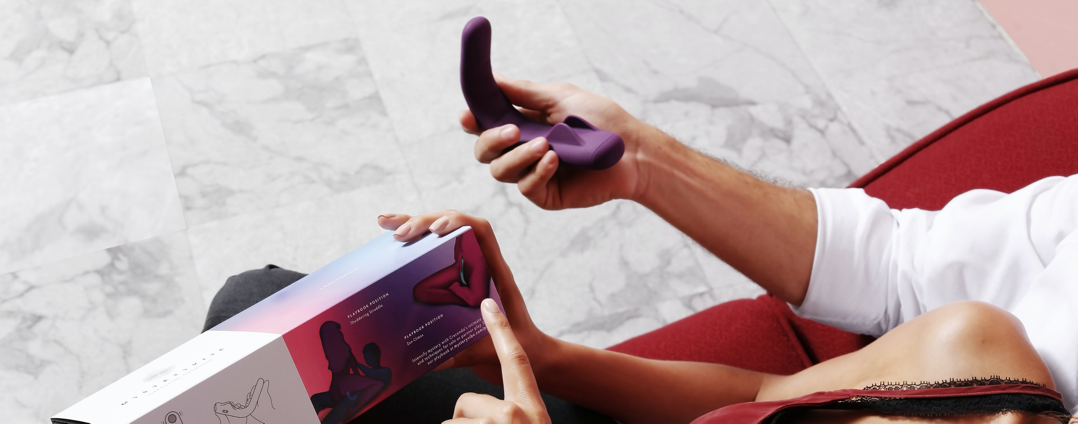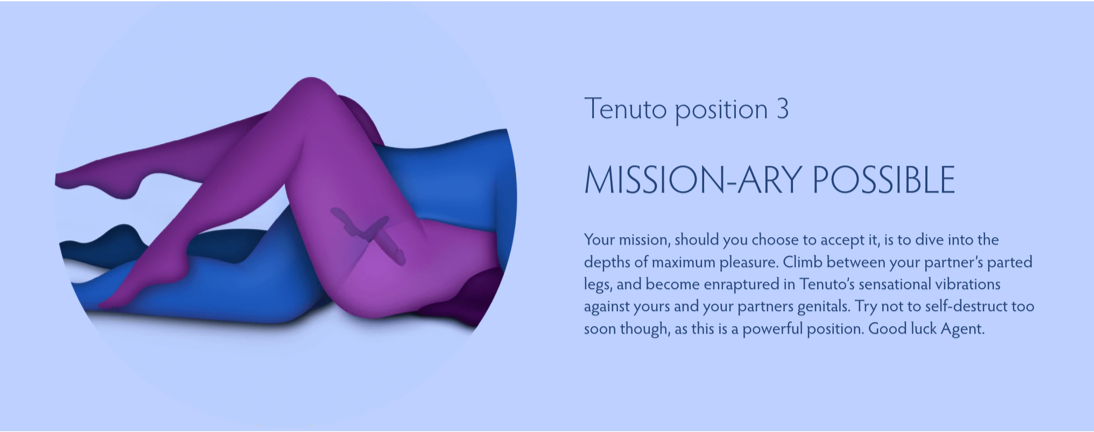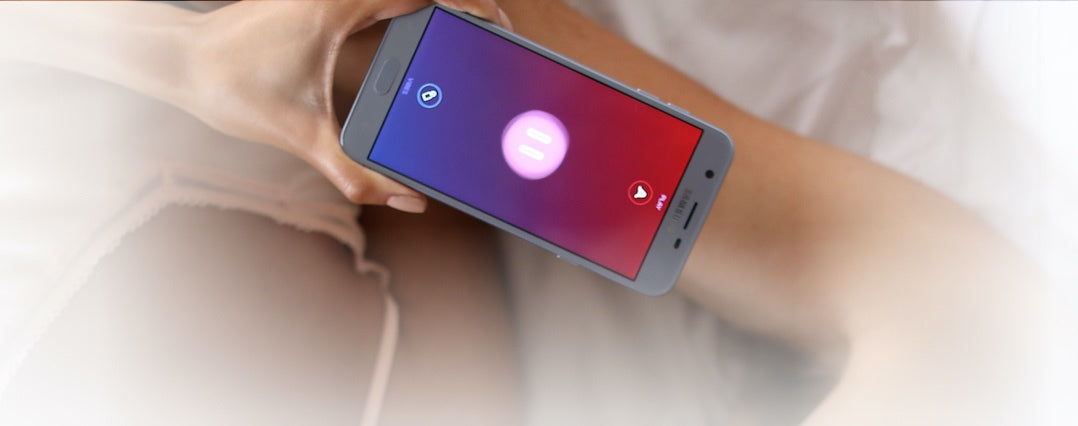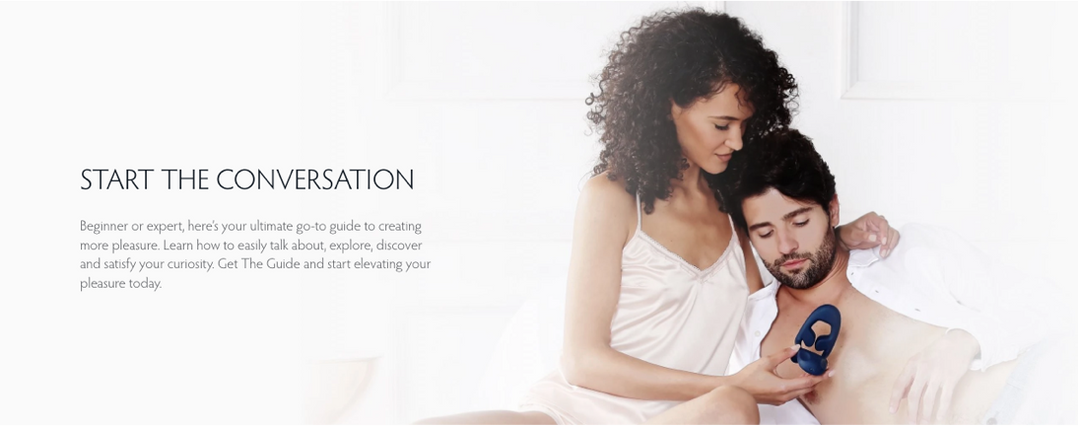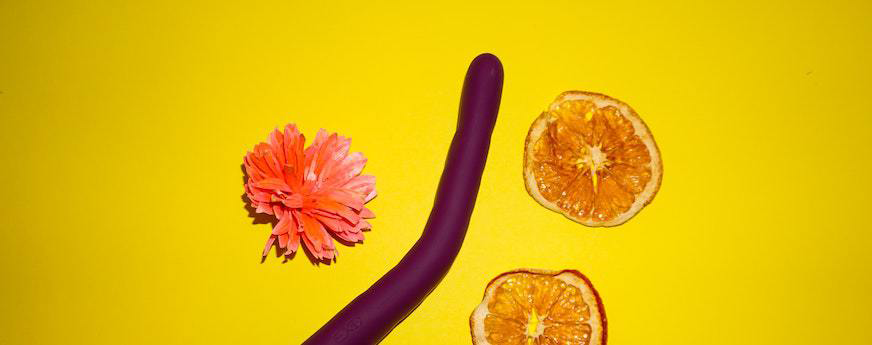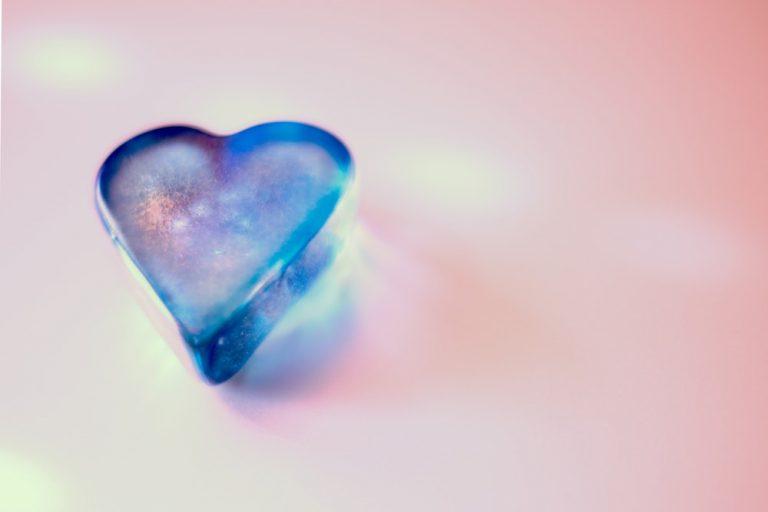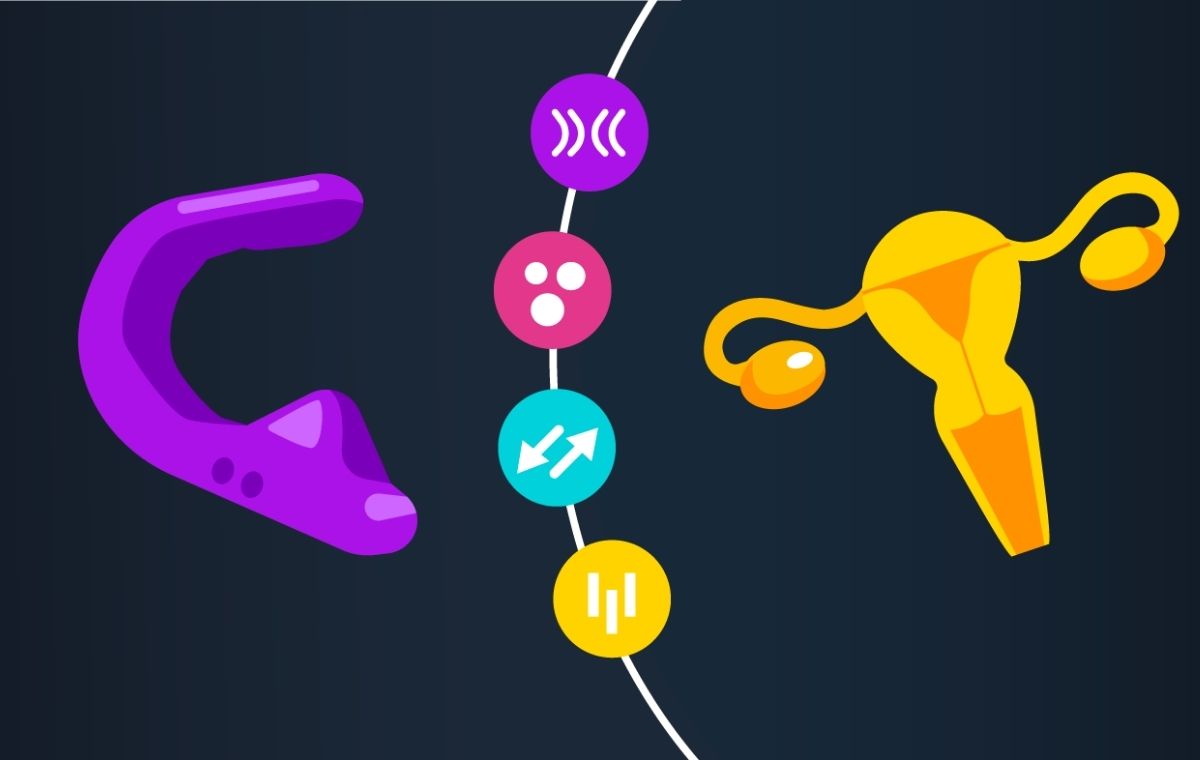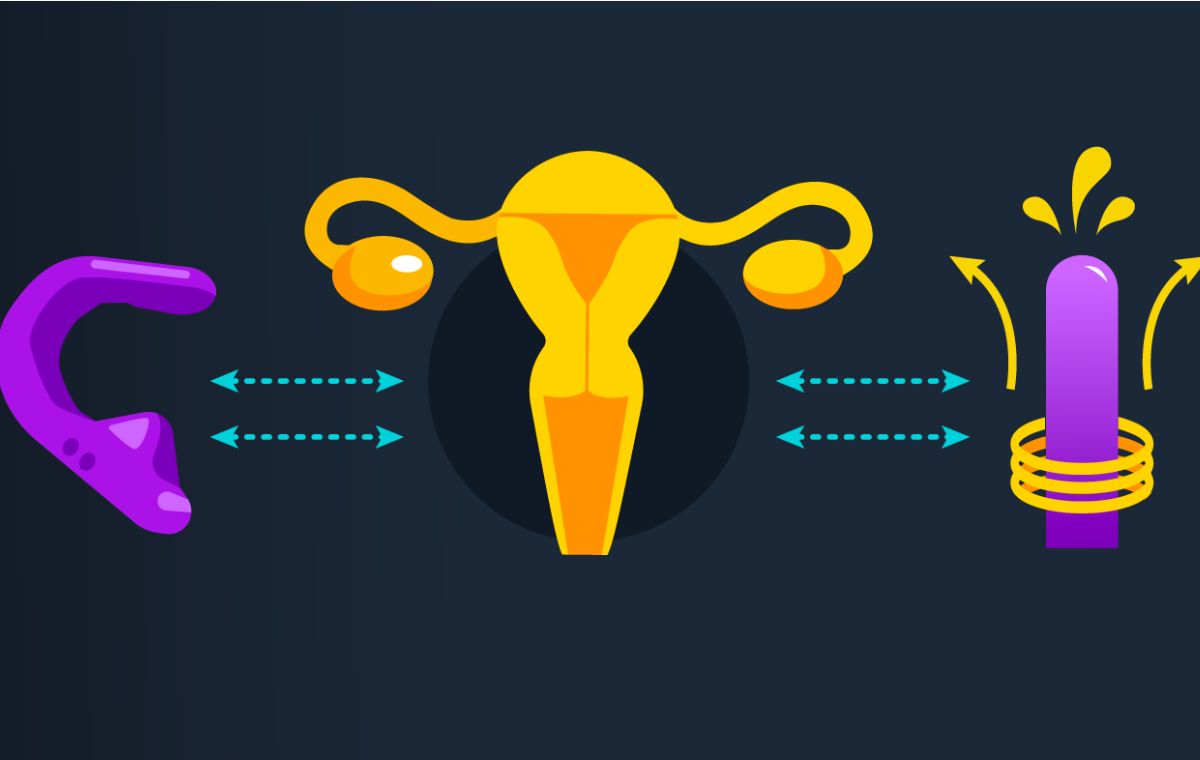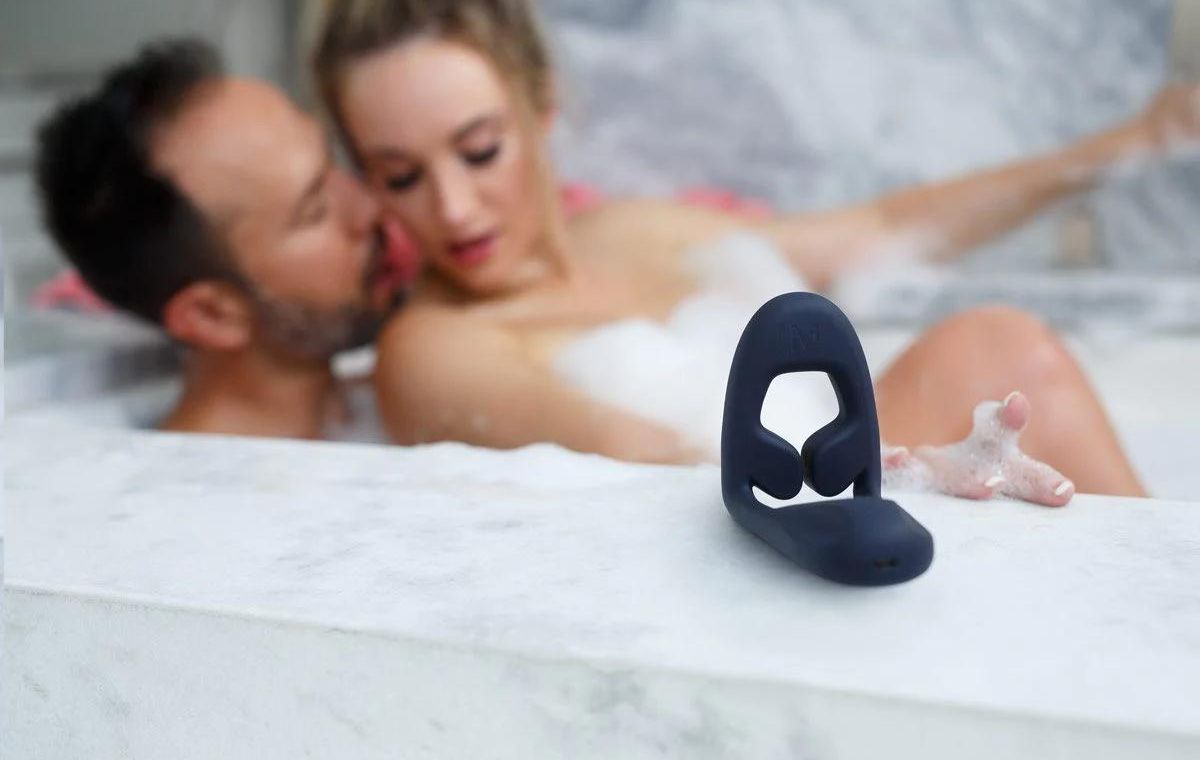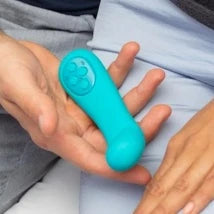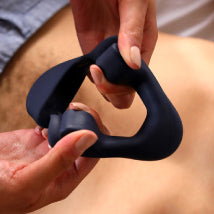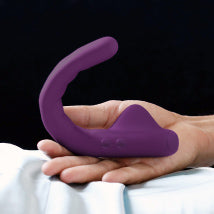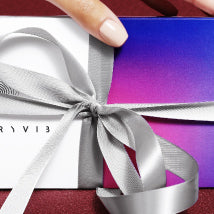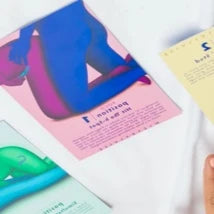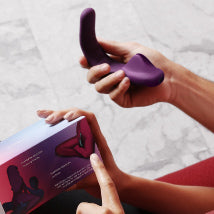Could This Year Be The Year of the Bi?
Is it just us, or does 2018 feel like the year of the bisexual? Actress Janelle Monae came out as pansexual back in April and the recent airing of the first bisexual reality dating show, The Bi Life, hosted by RuPaul’s Drag Race contestant Courtney Act, and Desiree Akhavan’s The Bisexual.
It looks like we have come a long way since the 1990s biphobia in Sex and the City. So, what more could queer folk ask for?

Here are a few tips for people dating a person who identifies as bisexual.
- Bisexuality (Un)Explained
- Bisexuality or Pansexuality?
- What is not okay to say to a bisexual?
- What is okay to say to a bisexual?
Bisexuality (Un)Explained
You may have dated a bisexual previously, maybe even unknowingly, and you may do in the future. Courtney Act explains that “almost half of young people in the UK now say that they’re not 100% gay or straight.” However, according to the most recent census only 2% outwardly identify as bisexual.
Plus, this doesn’t take into account the number of people who choose not to publicly label themselves as bisexual. They may choose to identify as gay or straight, depending on their partner at the time if they are monogamous, or perhaps for homophobic or biphobic reasons.
Alternatively, many people choose the identities “queer” or “pansexual” for more political or social purposes.
A Little Bi-History Lesson
Freud renownedly believed that we are all innately bisexual. However, as we grow up, he believed that heterosexuality was an indication of “normal” human development. You were considered perverse and sexually stunted if you had any same-sex attractions.
In the 1940s, Sexologist Alfred Kinsey, argued that our sexuality exists on a spectrum and that most people sit somewhere in between straight (0) and gay (6). In a 2016 YouGov poll, 19% of British people placed themselves between 1-5 on the Kinsey scale – indicating bisexual tendencies
In the 1970s Fritz Klein, founder of the American Institute of Bisexuality, took this idea further to say our sexuality sits more on a grid, as shown.

Today, bisexual activist Robyn Ochs describes bisexuality as the potential:
“to be attracted — romantically and/or sexually — to people of more than one sex and/or gender, not necessarily at the same time, not necessarily in the same way, and not necessarily to the same degree.”
Though popular media would lead us to believe that there are more bisexual women than there are men – even that bisexual men don’t exist – relationship therapist Colin Richards has shown otherwise.
His study on Why Some Men Like Men found that originally only 3% of men in his survey publicly presented as bisexual, and 1% as bicurious, with 60% as straight and 35% as gay. However, he found that within the same group of men, 20% privately acknowledged their bisexuality and 16% as bicurious, leaving only 13% as straight and 49% gay.
This would support Kinsey’s hypotheses that we exist more on a spectrum in between the binary categories of gay or straight. It also shows the widespread homophobia and bi-phobia that exists more commonly for men. This could be due to the fragility of masculinity that rests upon heteronormativity, resisting femininity and passiveness.
There are also many different ways to be bisexual. These include sexual attraction distinct from romantic attraction. For example someone could be bisexual and distinguish themselves as bisexual + heteroromantic. They are sexually interested in the same and other genders, but would only romantically date people of another gender.
Bisexuality or Pansexuality?
We live in a cis-sexist heteronormative society that upholds the binary categories of male and female, gay and straight, but what about when it comes to dating gender fluid and trans people?
There has been much dispute over the two terms bi- and pan-. While pansexuality chooses to include the sexual attraction to all genders, this suggests that bisexuality is inherently transphobic as “bi” indicates an attraction to only “two” genders.
However, many bisexuals broaden their definition of “bi” to the attraction to genders that are “same and other”, rather than “men and women”, allowing for queer inclusivity.
Everyday Feminism broke down the transphobic claim in an article called “9 Lies People Tell You When You Come Out as Bisexual—And How to Heal From Them”:
“People define their bisexuality in different ways. For some, it means attraction to two or more genders…Some bisexual people are transphobic, just like some gay and straight people are. But that’s because our society upholds being cisgender as the norm.”
Online magazine, Her Campus have said:
“There is a large amount of transgender and nonbinary individuals that identify as bisexual, so ask yourself this: why would we identify with a label meant to discriminate against us?”
Finally, Sara (host of the Queer Sex Ed Podcast) importantly notes that:
“It is deeply transphobic to decide that you never want to date any transgender person ever, and the choice to draw such a line is rooted in ignorance, fear, and disgust of trans people.”
So while many people will gladly define themselves as pansexual in light of this debate, it is important to note that even though transphobia is prevalent within many communities, bisexuality today is not inherently transphobic.
What is not okay to say to a bisexual you are dating?
If you ever find yourself dating a bisexual, understand that many bisexuals have generally “found it hard to date, and find someone who was accepting. Not only someone who was accepting, but who understood how bisexuality works.” (BBC Doc. Being Bisexual – Nichi Hodgson).
Here are just a few pointers on what not to say to a bisexual you are dating.
You’re just greedy
This view was infamously popularised with this Woody Allen quote:
“Being bisexual immediately doubles your chances your chances for a date on a Saturday night.”
Kate Harrad responds to Allen in her book Purple Prose: Bisexuality in Britain, with:
“90% of the people who share your gender won’t be [openly] attracted to it – so you have only increased your chances by about 10%. Some straight and homosexuals refuse to date bisexuals. Being bisexual doesn’t mean you fancy everyone.”
Just remember, bisexual people have standards and types of people they choose to date, just like everybody else – those types just don’t exclude genders.
Aren’t you more likely to cheat or leave me for someone of a different sex/gender?
Though there are bisexuals who are open minded to non-monogamy, this does not necessarily make all bisexuals more prone to infidelity. Bisexuals who are secure in themselves and their identities should have no reason to cheat aside from boredom in that relationship. In which case, has nothing to do with their sexuality.
Yes, they might leave you for someone else. Yes, it is possible that person could be of a different sex/gender to you. However, if they have committed to a monogamous relationship with you, then trust that and avoid this stereotype.
What sex/gender do you prefer, like what’s your percentage?
Some bisexuals might know this and it very well could be a fixed number that they feel strongly about. Others can find that it totally depends on the person. It could even depend on the weather, their hair colour or the time of the month (hormonally) as to which gender/sex they would like to date at that particular moment.
In this study it was found that bisexuals tend to look more for personality types or physical characteristics not related to gender when dating.
Don’t you miss having sex with XX/XY?
This of course depends on the individual, but it is an unnecessary question that is usually rooted in insecurity. Persistent questioning on this can lead to feelings of guilt for just being bisexual.
In an article by Bellesa, Gabrielle Noel picks apart just how frustrating it is when people ask her if she misses sex with men when she dates women:
“I want to challenge the perception that in choosing women, there is something that they lack. So while the assumption is that my longing for a penis will ruin every relationship I ever attempt with a woman, that eventually I will retreat back into my true heterosexual nature, that’s not how bisexuality works.
I am not sacrificing anything to be with women. I am attracted to all kinds of physical forms, to different genitalia, and one isn’t more valuable than the other. They both just are.”
It’s just a phase, or maybe you’re confused. You just need to pick a side, because you know you will just end up with XX/XY
“You don’t sound confused. You like men and women. That seems very clear to me, you’re bisexual” – A mental health professional (Being Bisexual, BBC).
Chances are the person you are talking to has probably felt they have needed to pick a side for many years before settling with this identity. Social pressures to conform are hard work to resist.
The response there is that arguably, what is the point in “picking a side” when you just don’t know who you are going to meet in your life.
“It’s so much suffering and heartache and frustration figuring it out. Being like “am I gay, am I straight?” I don’t know what. And finally now that I am bisexual, I’m like, I hope this isn’t a phase, because I feel like I have finally found my identity.” (Being Bisexual, BBC)
Ideally we wouldn’t need labels and while many homosexual and heterosexual people have used the bisexuality label while they were experimenting with their sexuality before feeling comfortable with either or, we can’t erase those who feel strongly about their bisexuality.
“It’s a frustrating sexuality to have because people don’t see you as your own distinct thing.” (What Not To Say To a Bisexual BBC)
You don’t really exist, prove it: let’s have a threesome
Having someone to “prove” their sexuality is offensive, irrelevant and impossible.
Some bisexuals like threesomes, and some don’t. Just like many heterosexual and homosexuals like threesomes, and some don’t. Never just assume someone is into threesomes because they are bi.
Many bisexuals are fetishised as unicorns for threesome fantasies, reducing their attraction to multiple genders as a party trick that “exists solely to entertain and excite straight” people, says sex educator, Lux Alptraum.
The truth is most bisexual people have probably had some internal dialogue around these questions, or have had to confront them repeatedly with friends, partners, family, society in general. If you are open to dating a bisexual, be conscious of this and sensitive to their experiences.
What is okay to say to a bisexual you are dating?
How about:
“You are a whole human being, who does not need to “pick a side”, and I trust you to love whoever you want to love in that moment of time and that will not define you for life as a mono-sexual, or a cheater, or greedy, or transphobic.”
Top tip for dating a bi person:
“Treat them like a person first and foremost. If you can only focus on the fact that they’re bisexual then you’re only seeing them as a sexual object and not as a fully rounded person.” – Rachel
Questions that are probably okay to ask:
- How do you identify?
- When did you come out?
- Who were your previous partners? (Just as you would to a non-bisexual partner)
- What turns you on & what are your fetishes and kinks? (Just as you would to a non-bisexual partner)
The best thing that you can do as someone dating a bisexual person is to be supportive and open minded.
Communication is so vital when it comes to sexual exploration. So open up a conversation, be honest and non-judgemental and love the bi you’re with!

